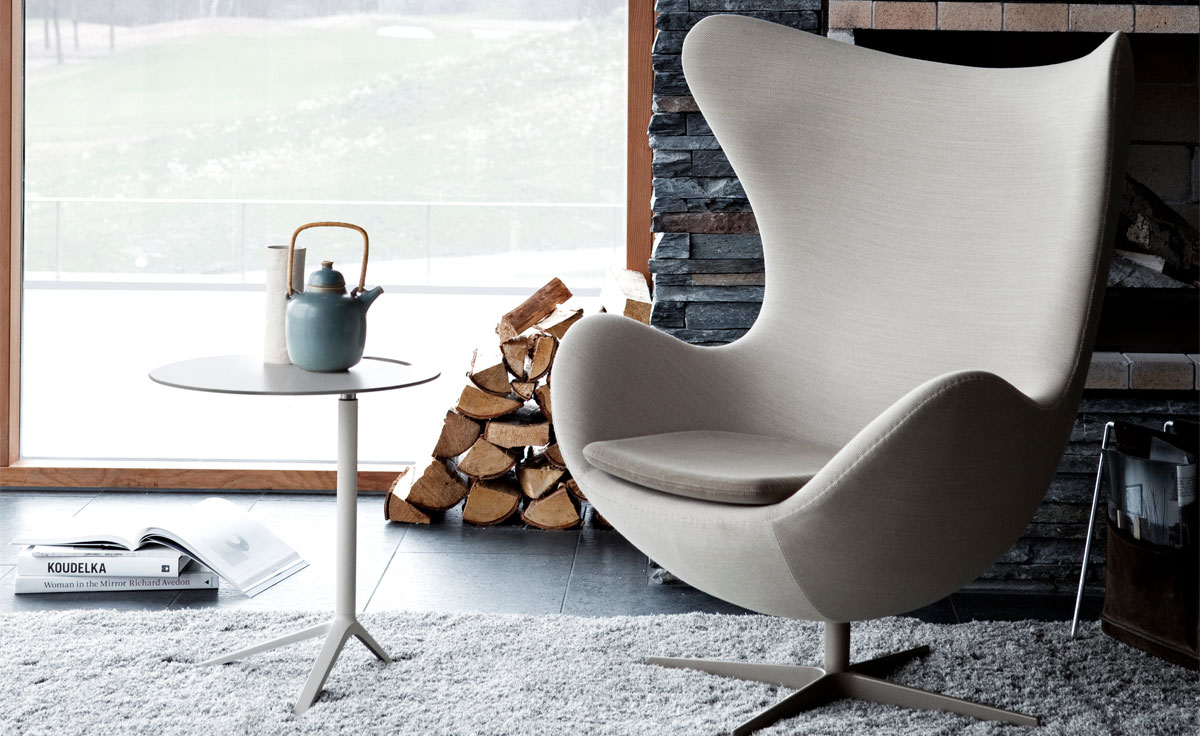Sustainability | Environmental
The manufacturing sector has a rich history of innovating to overcome persistent challenges. But the twin disruptions of the net-zero transition and the Covid-19 pandemic have made the sector's green efforts paramount to business prosperity. Accounting for more than 60% of direct industrial emissions in the UK, manufacturing is an energy-intensive industry that has been striving for decades to improve energy productivity while reducing greenhouse gas emissions.
From 1990 to 2018, emissions from manufacturing decreased by 56.7 million metric tons of carbon dioxide, and the next decade was shaping up to be a critical period of transformation that would put the sector on the path to net-zero emissions by 2050.
The coronavirus pandemic has proved an untimely and disastrous occurrence. In a period of time where manufacturers were ready to embrace innovation that could radically cut, store and even reuse carbon, short-term attention and financial plans have rightly turned to the tumultuous impact of the pandemic.
Report forecasts suggest that UK manufacturers won’t reach their predicted levels of growth pre-pandemic until 2022. A predicted loss of Gross Value Added (GVA) – which represents the monetary value of UK manufactured products – also looks set to drop by more than £35bn.






